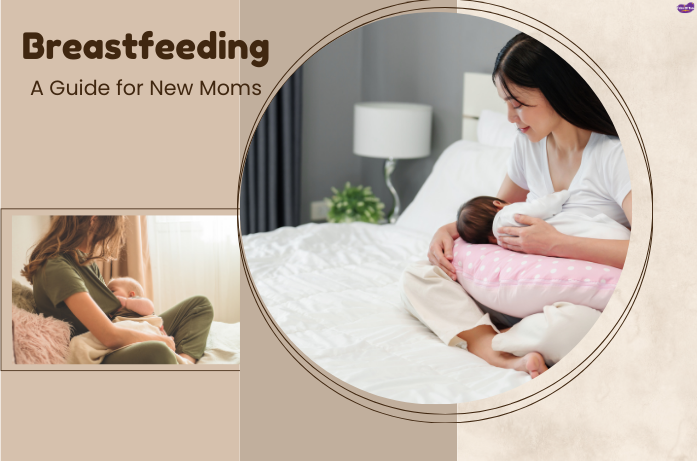By a Fellow Parent at Tales of Tots
Bringing your newborn to their first doctor appointment can be both exciting and nerve-wracking. As a new parent, you might be wondering what to expect and how to prepare. This guide aims to walk you through the process, offering insights and tips to make the experience smoother for both you and your baby.
When Should the First Visit Occur?
Typically, your baby’s first pediatrician visit should happen within 3 to 5 days after birth. This initial checkup is crucial to ensure your newborn is adjusting well outside the womb and to address any immediate concerns. HealthPartners Blog
What to Expect During the Appointment
During this visit, the pediatrician will perform a comprehensive examination, which may include:
- Weight and Length Check: Assessing growth since birth.
- Head Circumference Measurement: Monitoring brain development.
- Physical Examination: Checking the heart, lungs, abdomen, hips, and reflexes.
- Umbilical Cord Inspection: Ensuring proper healing.
- Feeding and Elimination Discussion: Discussing feeding patterns and diaper output.
The doctor may also review any newborn screening results and administer the first dose of the Hepatitis B vaccine if it wasn’t given at the hospital. HealthyChildren.org
Preparing for the Visit
To make the appointment as stress-free as possible, consider the following:
- Bring Necessary Documents: Insurance information, hospital discharge papers, and any medical records.
- Pack a Diaper Bag: Include diapers, wipes, a change of clothes, feeding supplies, and a blanket.
- Dress Your Baby Comfortably: Choose easy-to-remove clothing for examinations.
- Prepare Questions: Jot down any concerns or queries you have for the pediatrician.
Common Questions to Ask
Don’t hesitate to ask your pediatrician questions such as:
- Is my baby’s weight gain on track?
- How often should I feed my baby?
- What are normal sleep patterns for newborns?
- How can I tell if my baby is getting enough milk?
- When should I schedule the next visit?
After the Appointment
Post-visit, monitor your baby’s feeding and sleeping patterns, and note any changes or concerns to discuss at the next appointment. Be vigilant for signs such as:
- Jaundice: Yellowing of the skin or eyes.
- Feeding Difficulties: Trouble latching or frequent spit-ups.
- Dehydration: Fewer wet diapers or dark urine.
- Fever: A temperature above 100.4°F (38°C).
If you notice any of these signs, contact your pediatrician promptly. HealthyChildren.org
Emotional Support for Parents
It’s completely normal to feel anxious or overwhelmed during this time. Remember, you’re not alone, and seeking support is a sign of strength. Consider the following tips:
- Talk About Your Feelings: Share your experiences with trusted friends, family, or support groups.
- Seek Professional Help: If feelings of sadness or anxiety persist, consult a healthcare provider.
- Practice Self-Care: Ensure you’re getting rest, nutrition, and moments of relaxation.
For more information on maternal mental health, visit SELF’s article on maternal mental health.
Additional Resources
For more information on newborn care and what to expect during pediatric visits, consider visiting:
Final Thoughts
Your baby’s first doctor visit is a significant step in their health journey. Being prepared and informed can help alleviate anxiety and ensure you make the most of the appointment. Remember, no question is too small when it comes to your baby’s well-being.
Disclaimer: This article is for informational purposes only and does not substitute professional medical advice. Always consult your pediatrician with any health concerns.
© 2025 Tales of Tots



